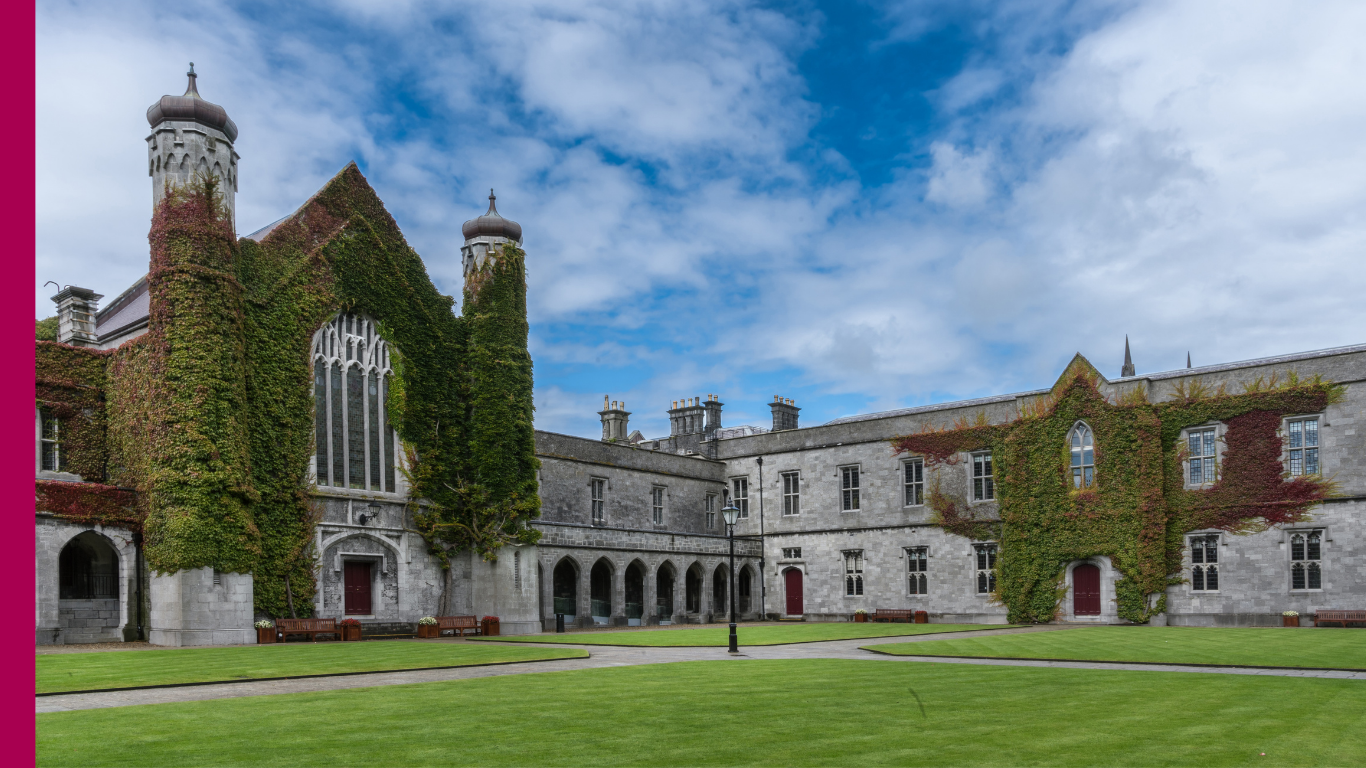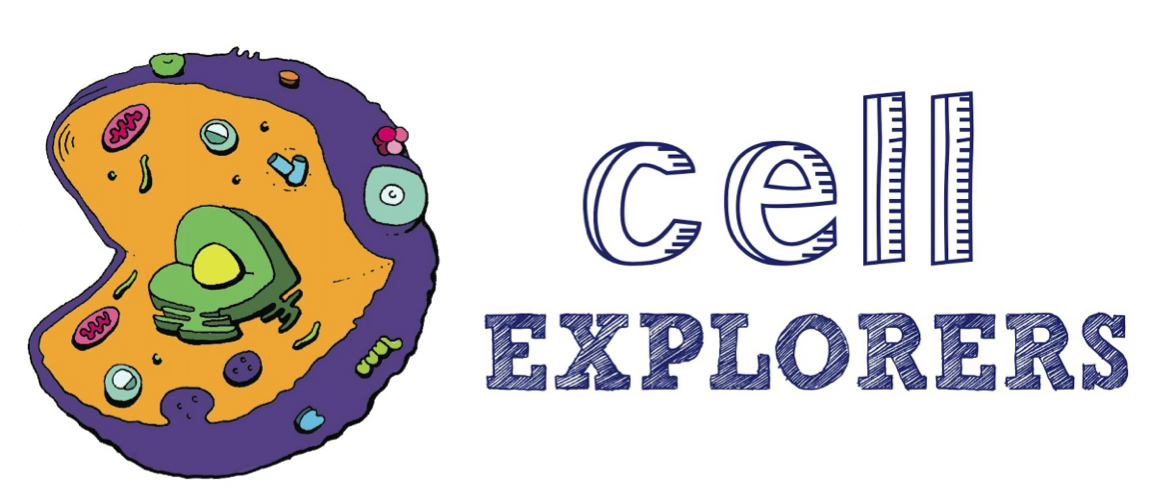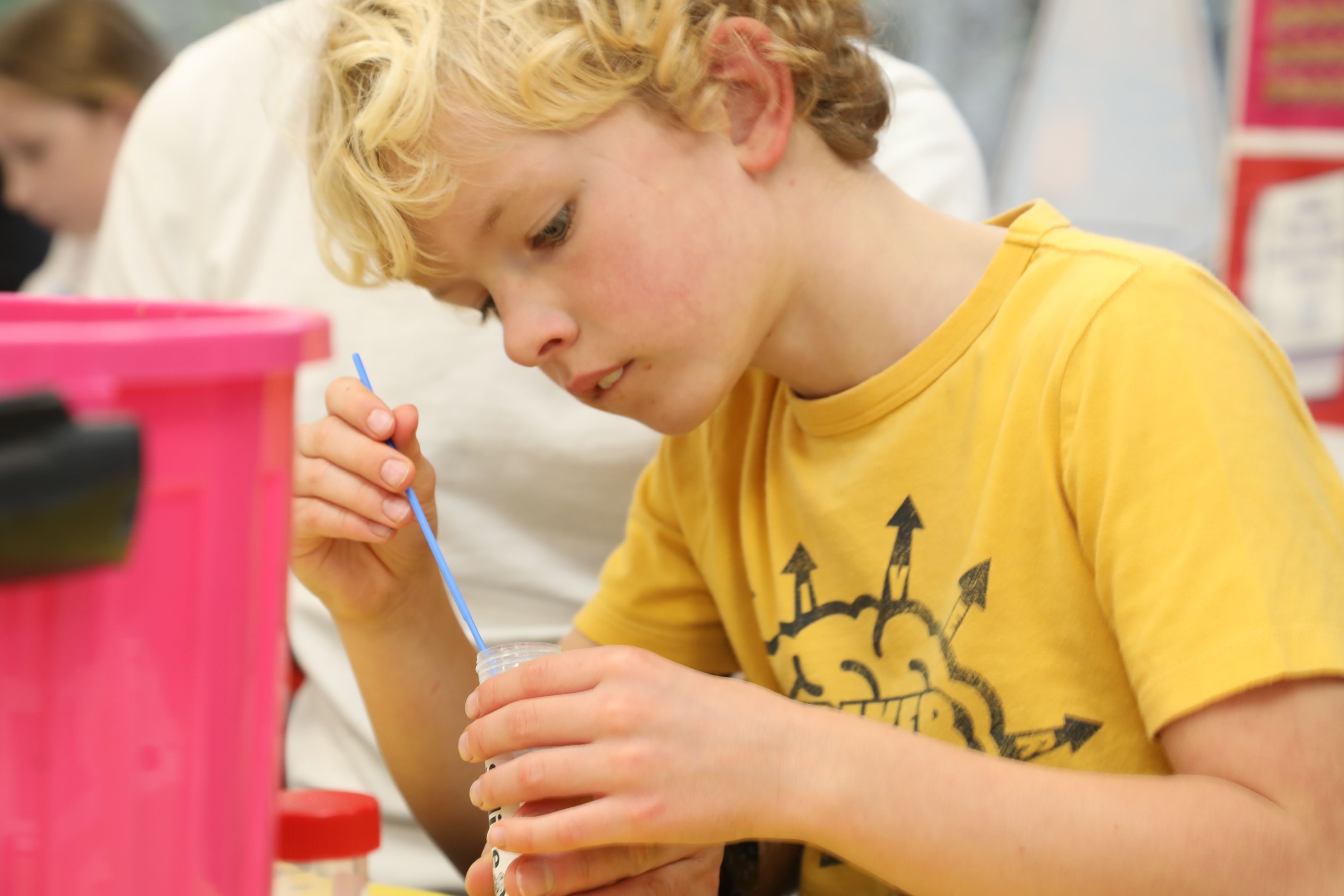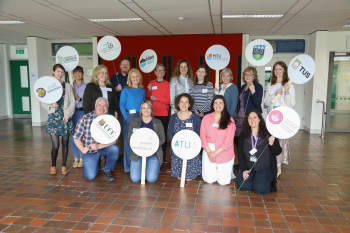Science Engagement: Impact on HEIs practice, scientist’s skills and young people’s attitude and aspiration
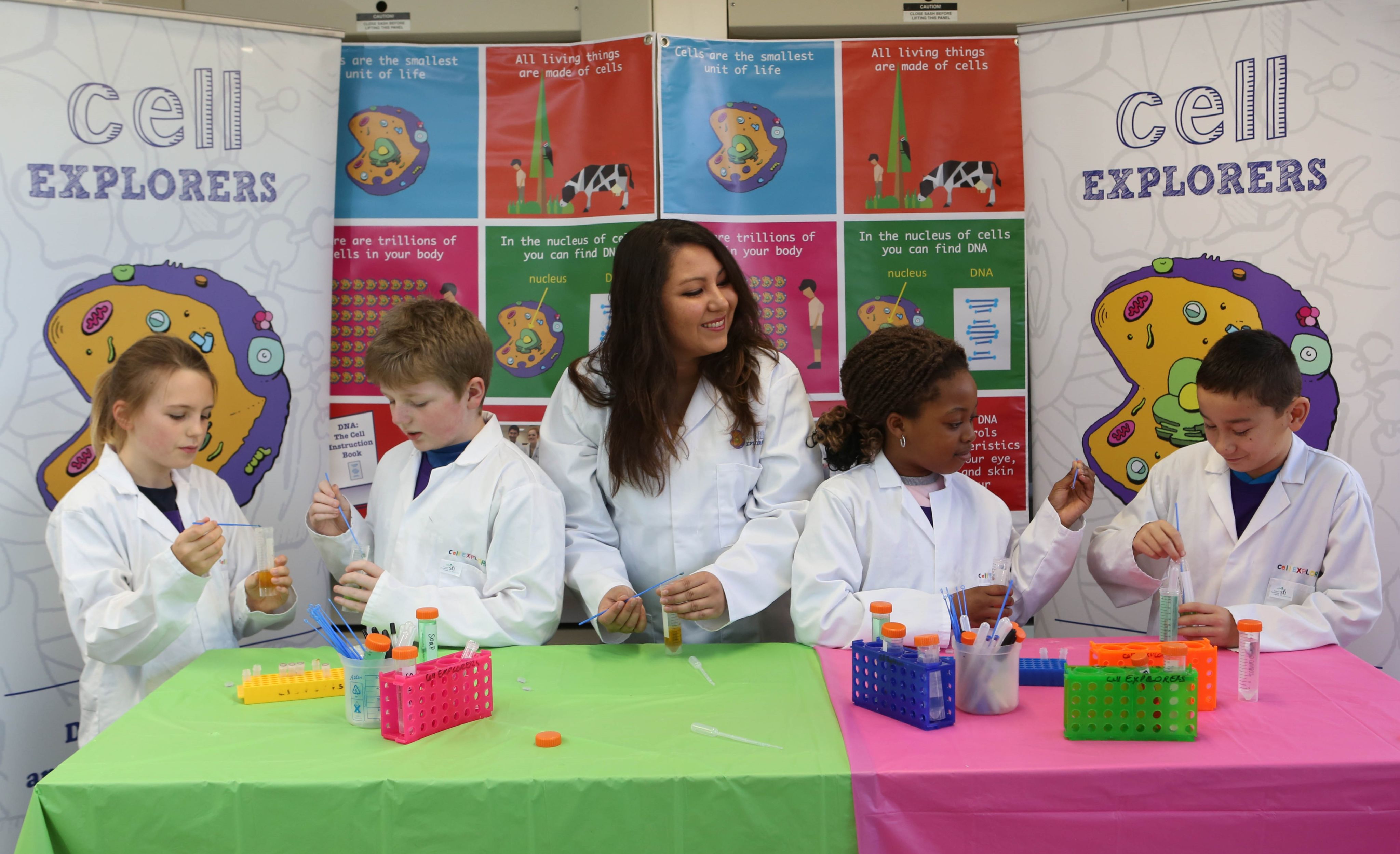
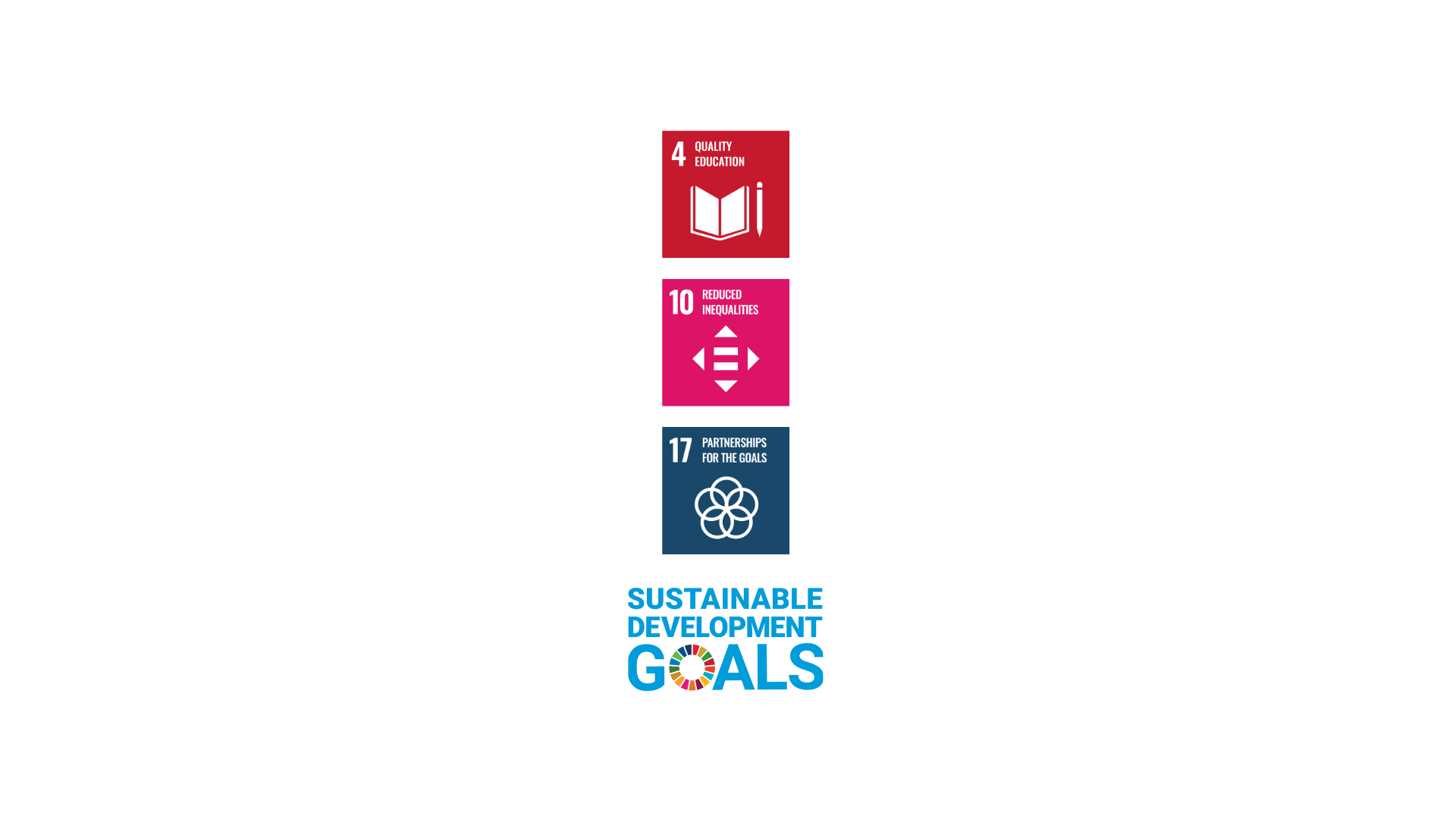
SUMMARY
Young people’s engagement in Science is vital for society: it enhances public understanding, promotes informed decision-making, and contributes to the development of a scientifically literate workforce. In addition, there is a need to incorporate social justice and equity so a wider range of young people feel science could be for them and more aspire to a science career.
Non-formal science education programmes, also called outreach, involving scientists have the ability to impact on these outcomes. Muriel Grenon’s research group focusses on the knowledge gap in best practices and impact of educational outreach.
This research underpins the Cell Explorers programme. This programme develops new practices that impact skills, attitude and aspiration of participants, and feeds them back into its programmatic activities. Cell Explorers has multiple impacts and double educational benefits since students and staff deliver hands on science activities to young people and their families through school and youth group visits and public events. Between 2017 and 2023, the programme has involved ten universities nationwide and one team in South Africa, 1,500 team members, and directly reached 38,250 members of the public.
Cell EXPLORERS in a nutshell
Research Description
Dr Grenon’s research group investigates impact and best practices in the field of science outreach, also called non-formal or informal science education, using methods drawn from education research, social science, pedagogy and public engagement.
The research is highly collaborative and practice-based and has a mutually beneficial relationship with the Cell Explorers science outreach programme. The group applies evidence from both existing and self-produced research to improve the design and assessment of outreach science programmes like Cell Explorers (R.1). It also investigates their impact on attitude and aspirations of their participants, including children (R.2, R.3, R.4), students or staff science facilitators (R.2, R.5, R.6), and the higher education institutions which facilitate them (R.2, R.5, R.6). This is done in collaboration with a set of academic and community partners including the stakeholders participating in Cell Explorers such as pupils and young people, primary and secondary school teachers, youth workers or programme facilitators and students and staff from the teams.
Between 2017 and 2020, the work has concentrated on researching children’s science self-efficacy (SSE) or their perceptions about science and scientists (R.4). Indeed despite the positive relationship between SSE and science motivation, and the prevalence of scientist-led outreach programs, there was limited research on the effect of scientists on children’s science self-efficacy beliefs. We developed and validated a questionnaire used in a multi-study research involving 375 pupils. This was the first study looking at SSE in Ireland and the influence of scientists facilitating a Cell Explorers classroom intervention on children’s SSE and its sources.
Since 2019, due to the lack of attention to social justice and equity in Science outreach practices, the group started to work on defining and implementing effective pedagogical initiatives based on these factors. This involved a focus on children’s science capital, a collaboration with new community and academic partners and underpinned key changes to training of Cell Explorers facilitators (R.1, R.7). The objective of these initiatives is to widen participation in STEM using the science capital theoretical framework. One key aspect of this work involves developing and researching targeted interventions and practices (i.e. Science-based escape room, a science club for youth group, Question & Answers session and facilitators experiential training programme) to address the identified barriers preventing young people’s access to STEM (R.1, R.8).
The work on equitable practices involves main community partners including Foróige, TUSLA, National Youth Council Ireland, the Galway Traveller movement, a small subset of pilot schools and youth group based in different organizations (GRETB, Youth work Ireland). Collaborators also include the Access programme, the University of Sanctuary, the Irish Traveller Society at the university of Galway as well as the Vienna University KinderBüro, University of Kwazulu Natal (South Africa) and Southampton University (UK).
By studying these interventions and their impact, we contribute to the field of informal/non formal science education by, firstly, theorizing the impact of using the Science Capital teaching approach (R.1), secondly, providing empirical evidence of designing and evaluating equitable outreach interventions (R.2); and thirdly, contributing to best practices in the field (R.5).
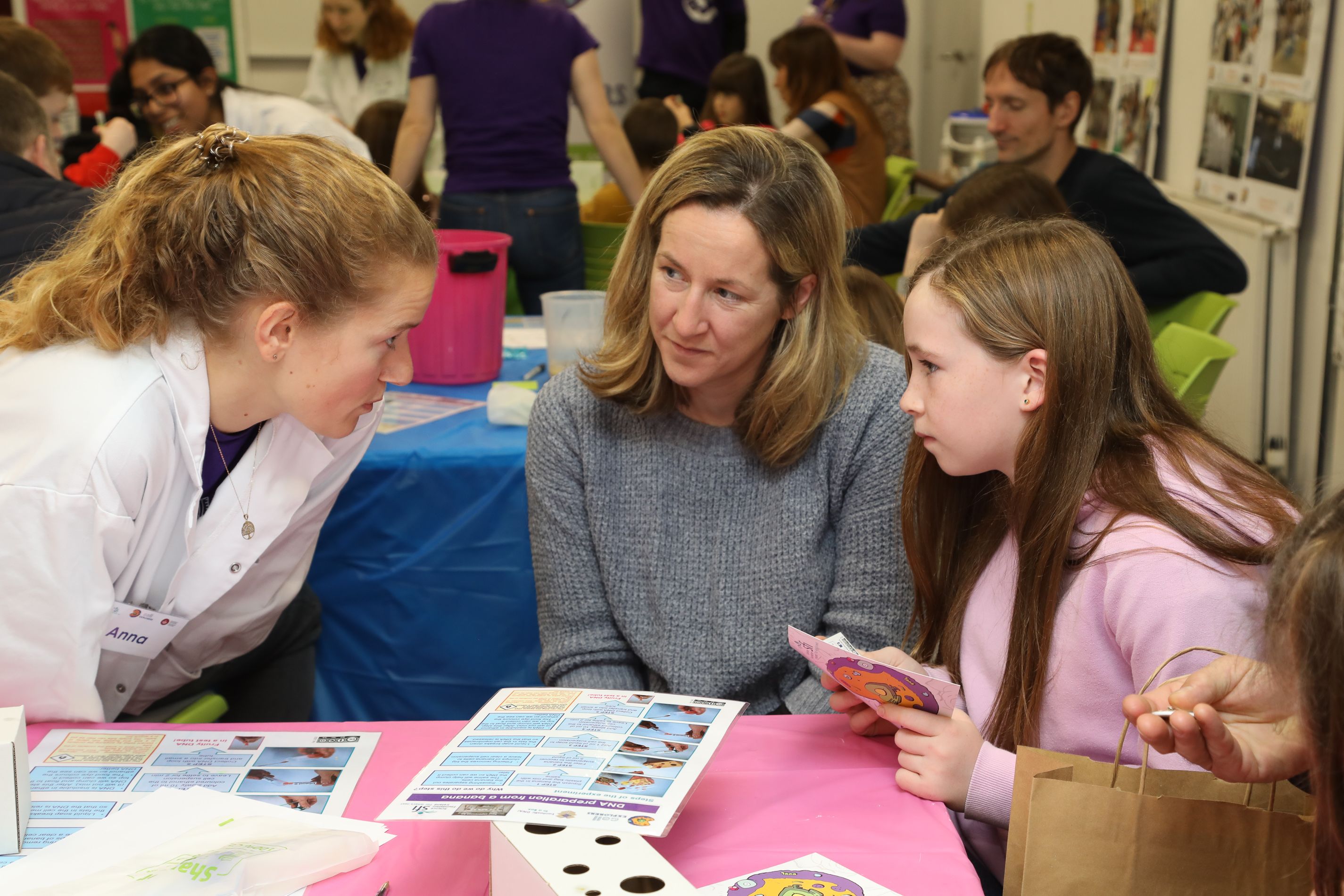
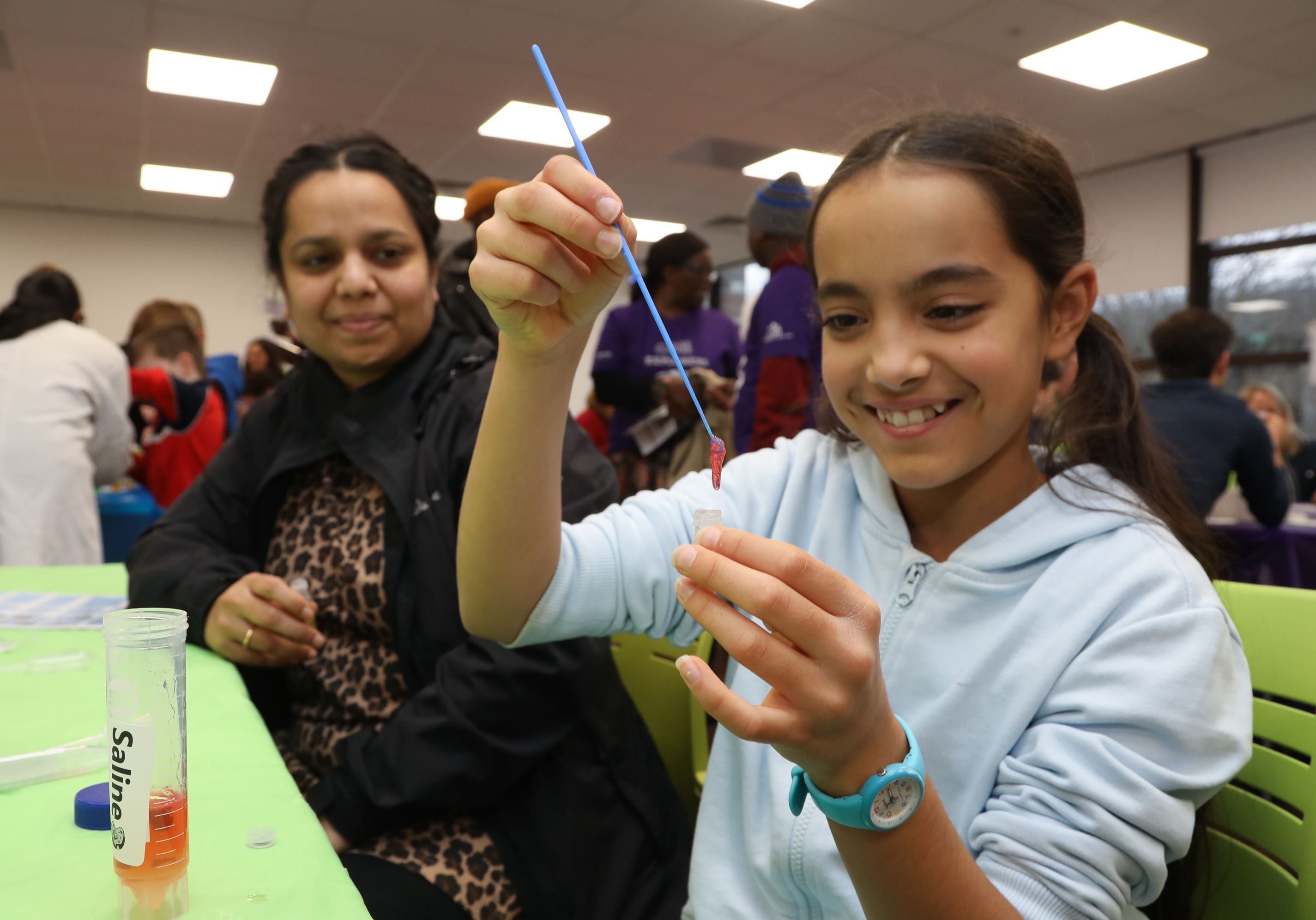
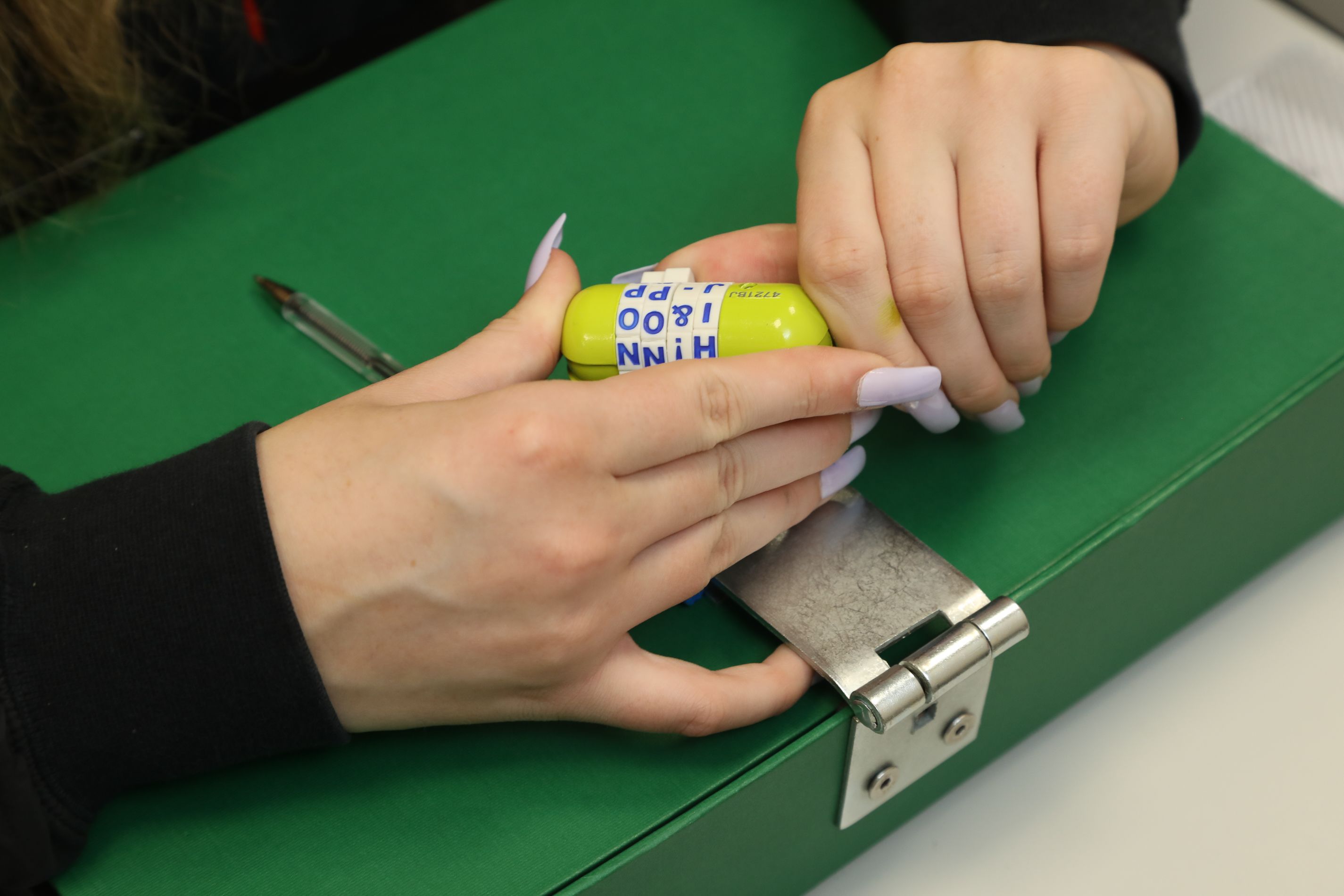
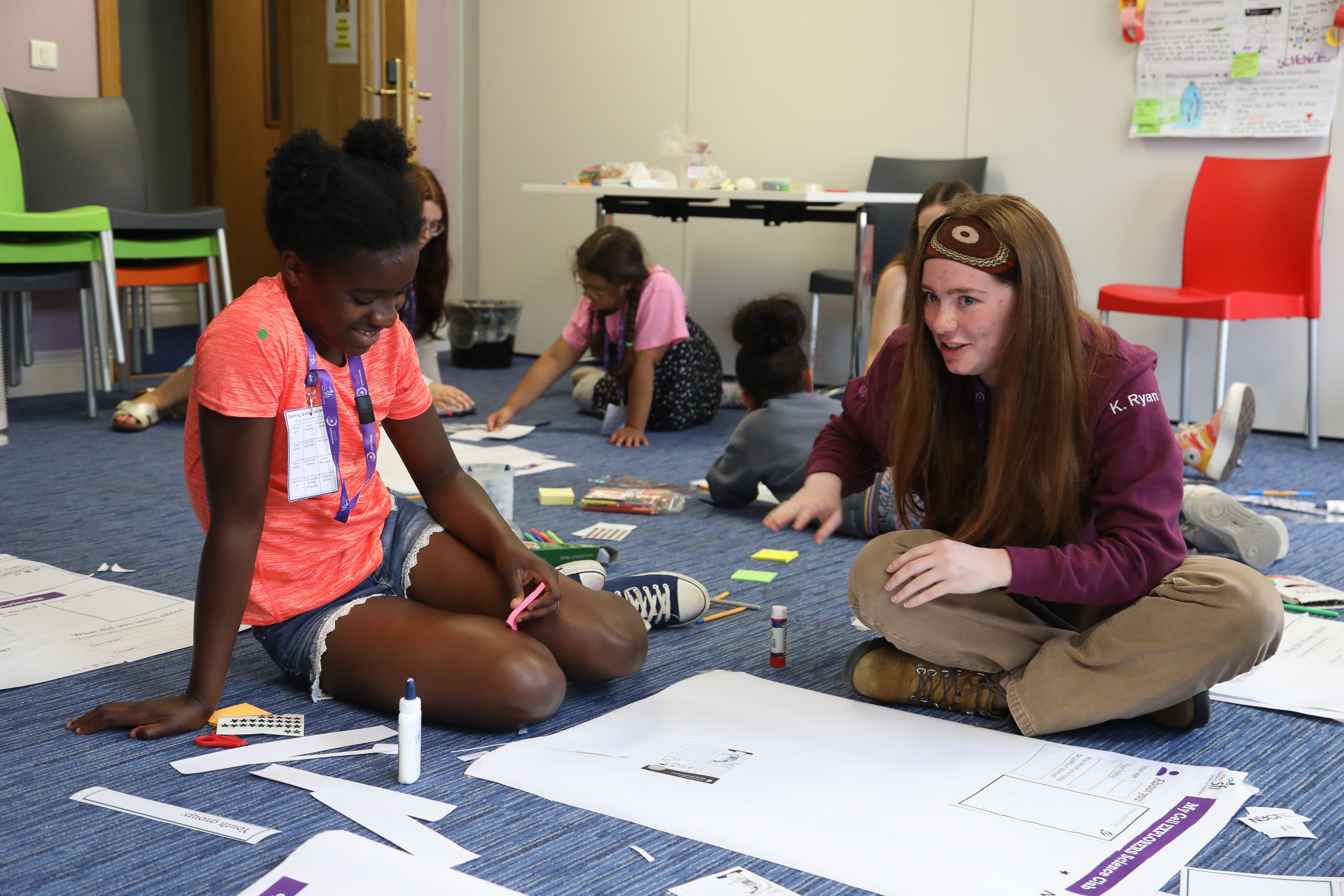
Details of the Impact
The Cell Explorers programme
Cell EXPLORERS is an education and public engagement (EPE) programme that inspires, informs, and involves young people and the general public in the areas of Science, Technology, Engineering and Mathematics (STEM). Established in 2012, the programme facilitates authentic interactions between scientists and young people through hands-on activities to actively engage the public in science, promote the significance of science in society, and foster meaningful dialogues with scientists. It uses a unique model for sustainable EPE in Higher Education Institutions (HEIs) where student and staff volunteers act as role model and locally deliver outreach activities including to those who may not typically engage with STEM (R.1, R.2).
Over the assessment period, the network includes 13 teams based in 10 HEIs nationally (Atlantic Technological University, Dundalk Institute of Technology, FUTURE Neuro SFI research Centre, Munster Technological University, University College Dublin, South-East Technological University Carlow, Technological University of the Shannon, University of Galway University of Limerick, University College Cork) coordinated from the University of Galway, with one additional international team based in the University of KwaZulu-Natal, South Africa.
Between 2017 and 2023, the programme involved 1520 student facilitators, visited 700 classrooms and engaged more than 38,000 young people and their families in hands on science in Ireland (E.1, E.2). During the COVID-19 pandemic, the programme adapted rapidly the delivery of activities with the creation of science kits and specific session formats. Cell Explorers remained the only programme active and able to deliver online live engagement sessions with young people in their schools and in their homes for Science Week 2020. It was demonstrated to positively impact attitudes to science and scientists in schools and with families (E.1 to E.4).
Impact on young people and their families
The Cell Explorers Fantastic DNA session is a hands on session during which young people prepare DNA independently under the mentorship of a Cell Explorers scientist (E.5). It is delivered by scientist role models as part of the Cell Explorers outreach offering in both school context (1000 to 1500 young people/year) and family science festival context (1000 to 1500 people/year) (E.1, E.2). 40 to 60% of the children who meet Cell Explorers scientists in schools, have never met a scientist before so the influence of this first meeting on their attitudes towards science and scientists is important (R.2, E.4).
Science Self-efficacy (SSE) studies (R.3) on Fantastic DNA shows for the first time that participation in a scientist-facilitated workshop greatly increased pupils’ perceived exposure to Verbal Persuasion from a Scientist and their SSE in workshop tasks. The SSE beliefs of both girls and boys were affected equally (E.5, E.6). Moreover, scientists make effective social models, and are perceived by children to be credibly competent, helpful, and supportive (E.7). It led to outlining practical recommendations on how to positively affect young peoples’ SSE during hands-on activities (E.8). These recommendations have been presented to practitioners (Science & You, SciComm, CE national network) and implemented in the Cell Explorers training and activities nationally. In addition, Fantastic DNA has been designed, and scientists facilitating it are trained, in such a manner that it impacts young people’s attitudes towards Science and scientists so that they could see science as ‘for them’. The programme evaluation shows that the sessions and their autonomous and authentic hands-on science experiences increase children’s confidence in doing science, their interest in science, studying science or having a science career, and their ways of describing the type of people scientists are, therefore reinforcing their science capital (R.1, E.1, E.4).
Moving Fantastic DNA online for families during COVID-19 enabled family engagement with science and technology during that period of isolation. Importantly, the workshop provided a space for families to engage with and talk about science together as 85 % of the family felt connected while doing the practical experiment together and 90% would like to do more science together as a consequence of their participation (E.3, R.1)
Impact on Cell Explorers facilitator
An important outcome of Cell Explorers is training of researchers and students in science EPE, as the next generation of Irish STEM professionals. As a result of their involvement between 2017 and 2023, 1500 undergraduate, postgraduate science students and researchers who will constitute the Irish workforce have been trained in EPE and equipped with important skills in demand by research, industry and academia according to the National Skills Strategy 2025.
Whether they participated as volunteers (R.2, E.9) or through their final year projects (5.6), facilitators report that they have developed specific attributes such as teamwork, collaboration and effective leadership, creativity, enterprising and resourcefulness as well as valuing of ethical and professional standards, integrity, responsibility, and good citizenship (E.4, E.9 to E.11).
In a current ongoing study involving 29 alumni (7.11), they report that their experience had a notable impact on their employability at the recruitment stage or during employment: 88% think their experience increased their employability, 81% that it helped them to stand out from other applicants and 93% that they developed skills useful for their current role. 60% report that personal development and skills still impact on their personal life up to 8 years after leaving the programme.
Fantastic DNA Science is for everyone be Cell Explorers
Impact on national Science outreach offering
Cell Explorers was piloted as a student-staff collaborative project at University of Galway in 2012 and ran regionally for 3 years before it was adopted nationally from 2015. Between 2017 and 2023 the programme expanded from 5 to 13 teams based across institutions in Ireland, therefore building capacity in EPE in Ireland. The programme is supported by the teams’ respective institutions as well external funding agencies to the value of over 1 million euros, including several Science Foundation Ireland Discover awards (E.12).
The working model and subscription to the network enables HEIs to engage local communities and the public in science in an equitable and inclusive way. It supports Irish HEIs in achieving the National Strategy for Higher Education to 2030 (E.13) and the Campus Engage Charter engagement goals and fulfilling scientific research funders expectations (E.13). Importantly, it supports their achievements of UN Sustainable Development Goals in Quality Education, Reduced Inequalities and Partnership for the Goals (E.14). Due to these impacts, since 2017, the Cell Explorers programme has been repeatedly commended for its positive impact on young people, Irish research and its positive contribution to society (E.12, E.13).
“I would like to pay tribute to all involved in the Cell Explorers programme, in particular past and present volunteers and coordinators of its 13 teams. By acting as authentic role models and sharing your excitement in research and innovation, you are helping to engage our young people, so that they maintain an interest in science and consider pursuing a career in research. Thank you for making a real difference to our society and the growth of the research community in Ireland.”
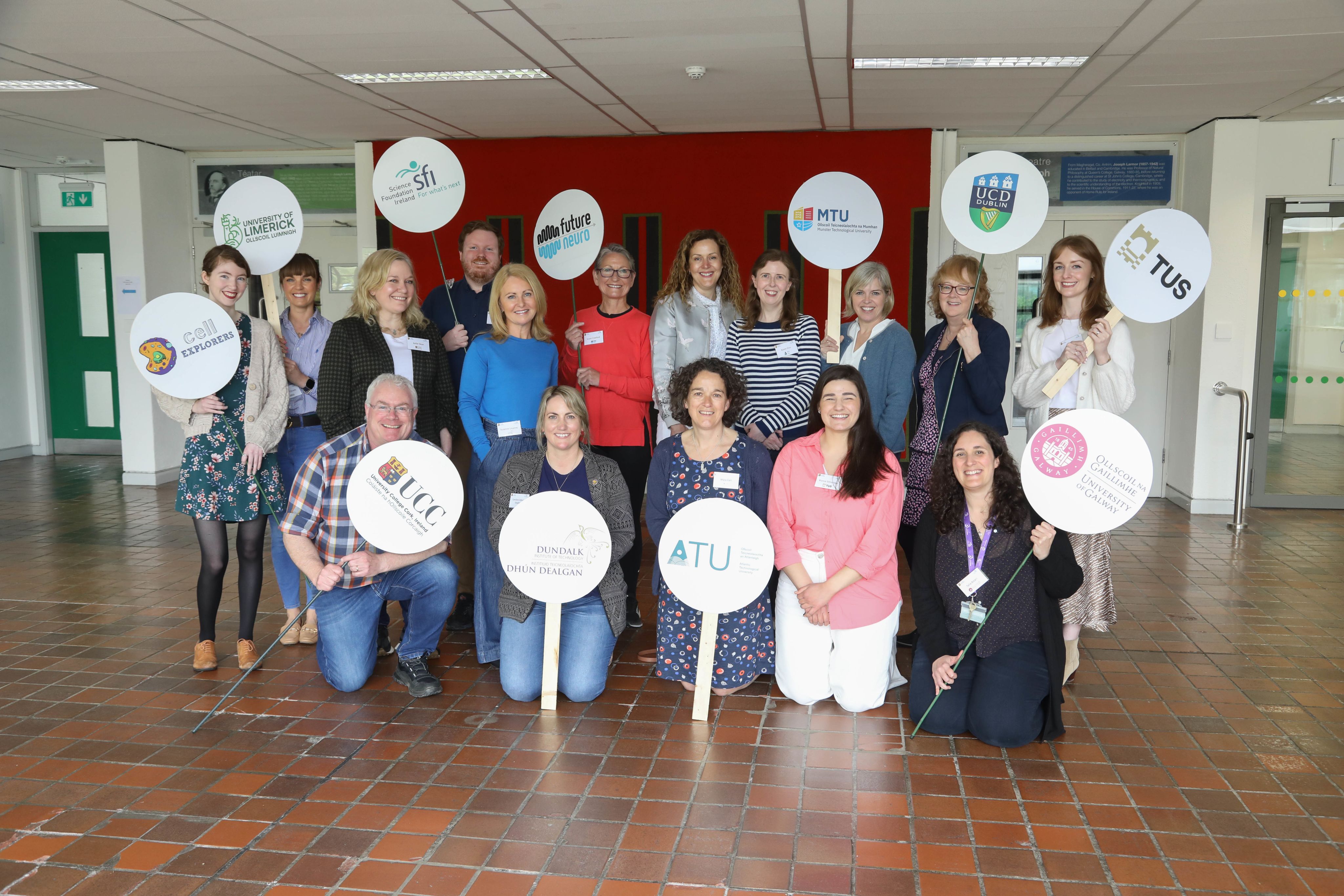
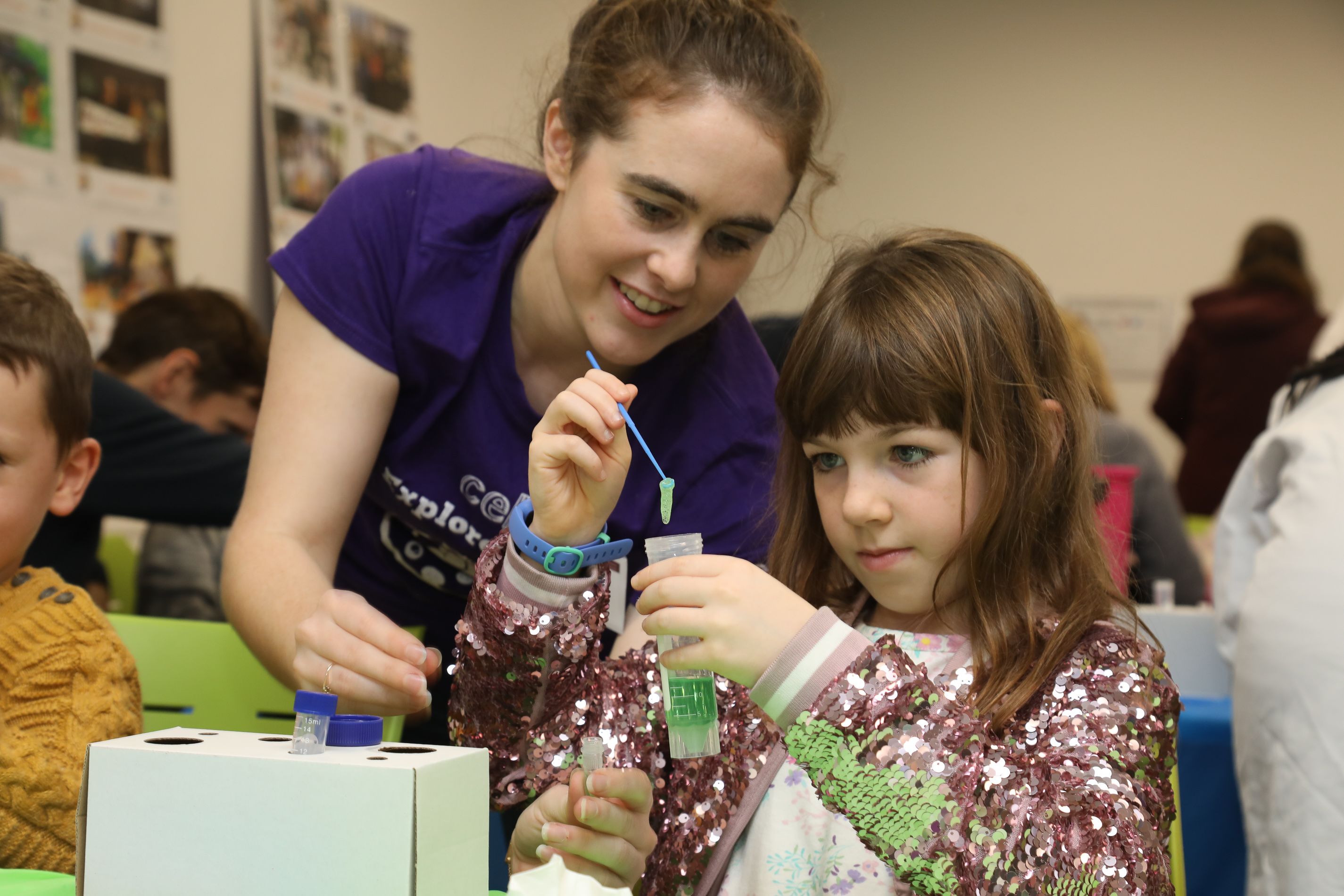
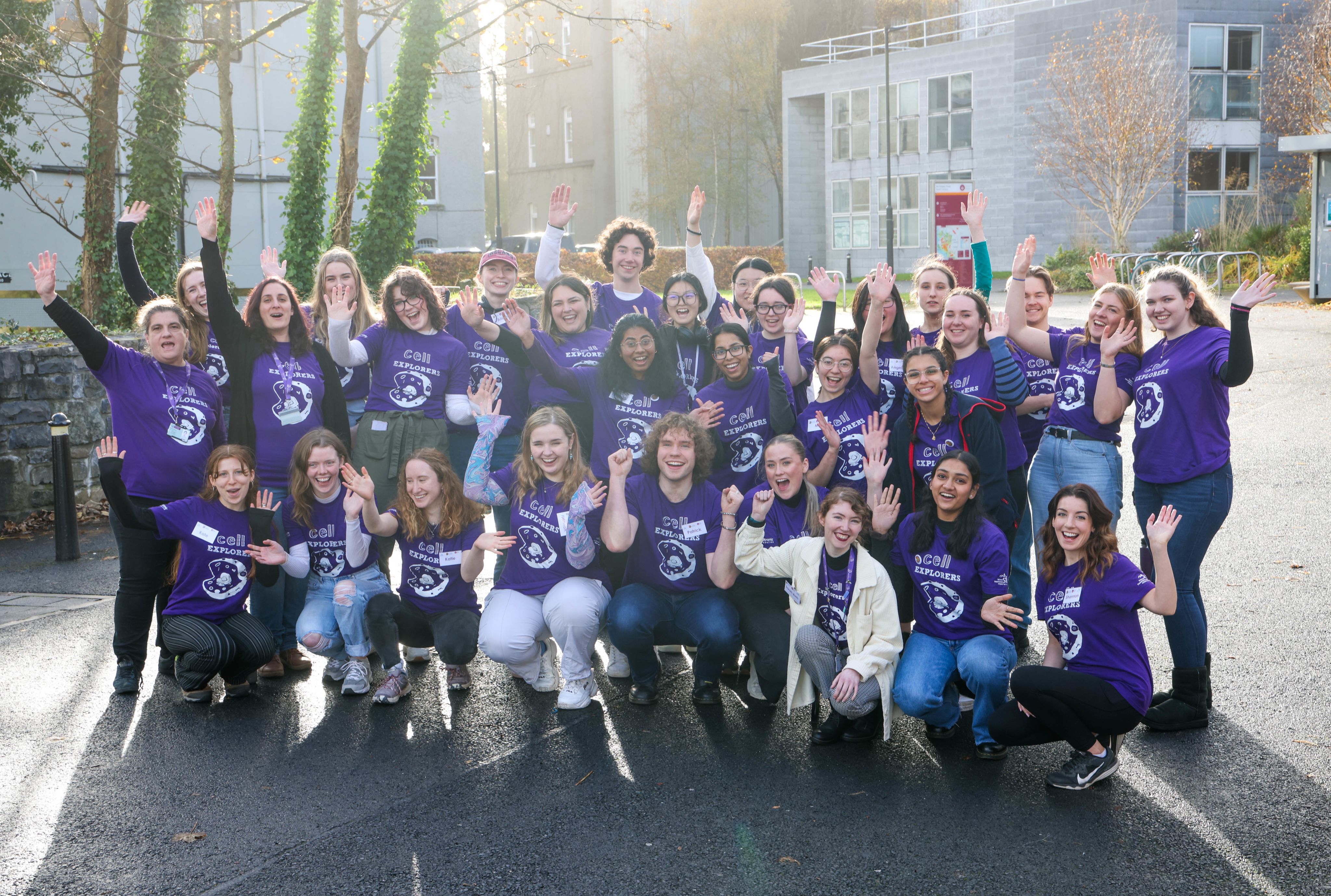
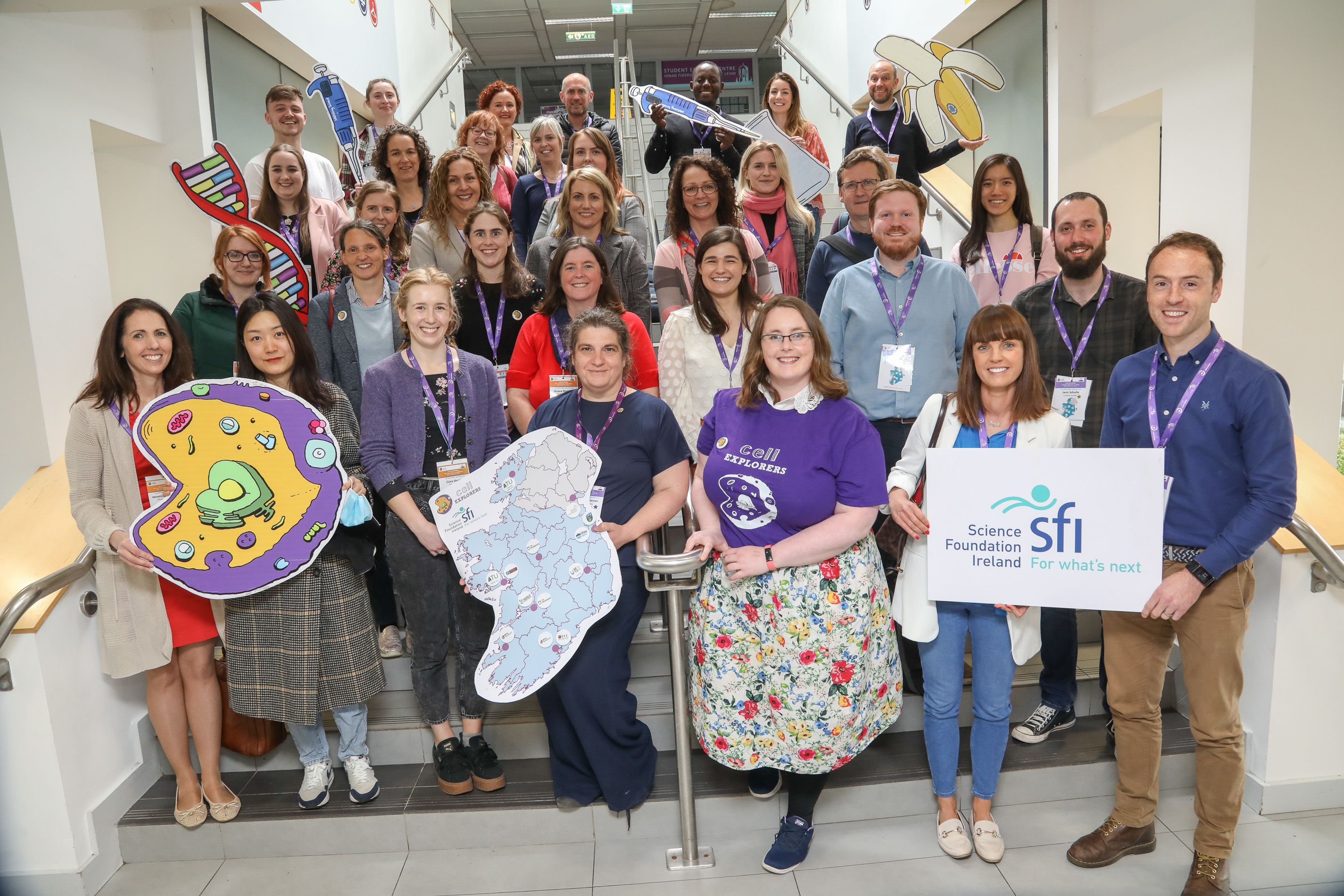
Research Funding
This research was supported by Taighde Éireann - Research Ireland under the SFI Discover Programme.
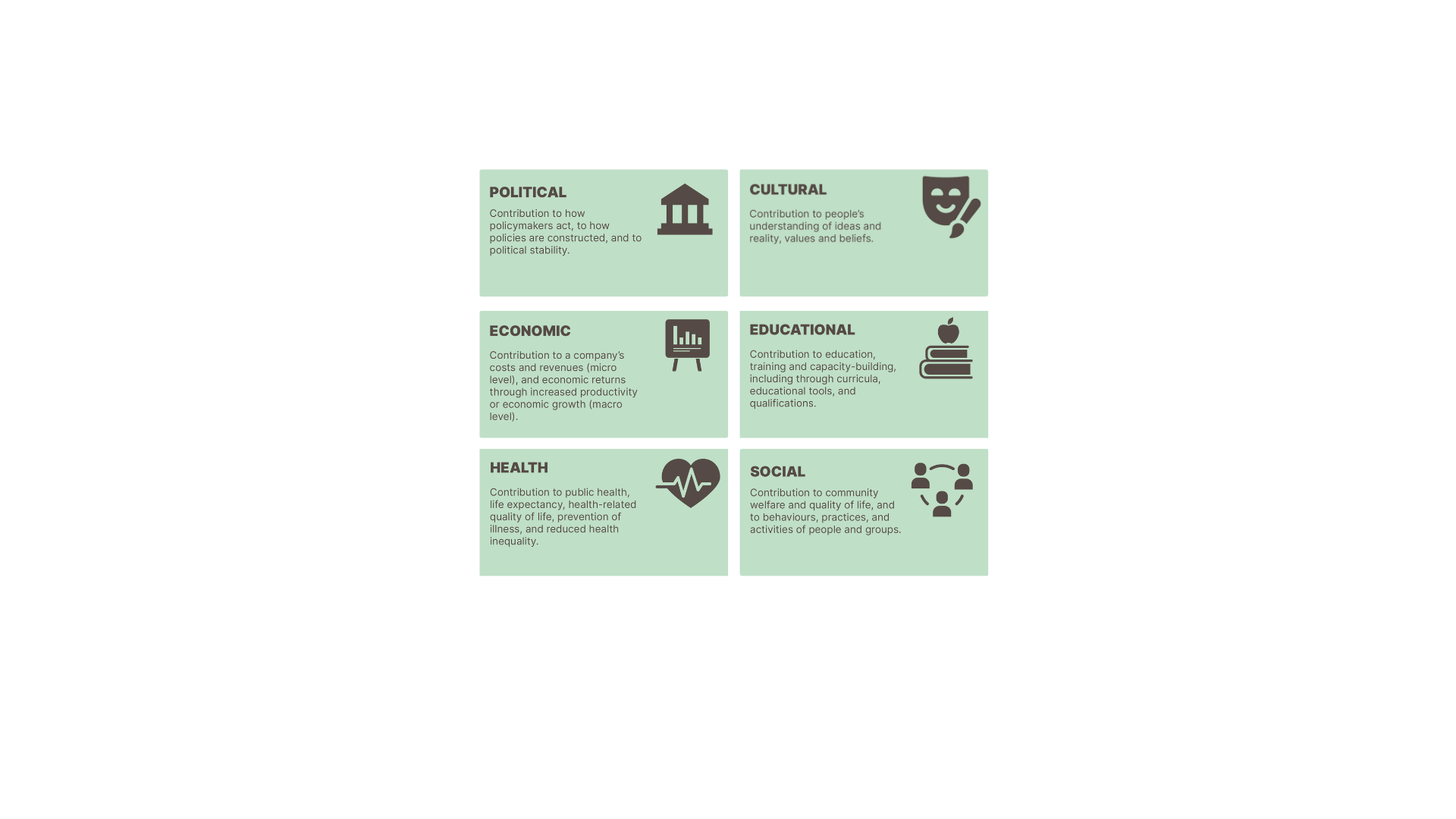
References to the Research
* Corresponding authorship, Presenting author*
- R.1 M. Grenon, S. Carroll, J. Schulte, J. DeWitt, S. Stubbs (2022) Changing Cell Explorers practices to widen participation in STEM Educational outreach. 4th Scientix international conference, Online, 18th-19th November 2022. Oral Presentation online slides here
- R.2 M. Grenon*, C. Fracchiolla, S. Carroll, C. Concannon (2018) Multiple benefits of the Cell EXPLORERS programme a STEM public engagement model in Ireland. In: Pixel (Ed.) eds. New perspectives in science education 7th edition Pg 445-450 Accessible Online
- R.3 T. Brumovska, S. Carroll, M. Javornicky & M. Grenon* (2022) Brainy, Crazy, Supernatural, Clumsy and Normal: Five profiles of children's stereotypical and non-stereotypical perceptions of scientists in the Draw-A-Scientist-Test. International Journal of Educational Research Open 3, 100180 DOI:https://doi.org/10.1016/j.ijedro.2022.100180
- R.4 S. Carroll, V. McCauley & M. Grenon* (2023) Science self-efficacy beliefs of upper primary students in Ireland. International Journal of Science Education DOI: 10.1080/09500693.2023.2245947
- R.5 S. Carroll & M. Grenon* (2021) Practice makes progress: an evaluation of an online scientist–student chat activity in improving scientists’ perceived communication skills. Irish Educational Studies 40 (2), Pg 255-264 DOI: 10.1080/03323315.2021.1915840
- R.6 M. Grenon & C. Concannon (2017) The double benefits of university final year education science outreach projects. 7th International Symposium on Service-Learning, NUI Galway 14th-16th June 2017. Poster Presentation.
- R.7 K. Anderson, M. Maher, C. Harley, S. Carroll, J. DeWitt, R. Peleg, M. Grenon (2023) Giving Real Opportunities to Widen participation in STEM with novel approaches. European Science Engagement Association conference Bolzano Italy 3-4th May 2023. Oral Presentation.
- R.8 S Stubbs, S Carroll, J DeWitt, M Grenon. (2023) Implementing the Science Capital Teaching Approach in a scientist-facilitated intervention. The European Science Education Research Association Conference (ESERA), Capadoccia-28thAug-1st Sept 2023. Summer School Poster Session & Oral presentation (Referred). Abstract & poster/slides available on demand.
Evidence of Impact
- E.1 Cell Explorers Activity report visual summary (2022) Accessible on CE website here.
- E.2 Cell Explorers - Activities & key metrics report (2023) Confidential report to Science Foundation Ireland.
- E.3 M. Grenon*, J. Schulte, S. Carroll (2021) Engaging the public in science during the COVID-19 pandemic : Moving classroom-based engagement from in-person activities to online live interactions. Science & You conference proceedings Online version. Pg 122-124
- E.4 Fantastic DNA Evaluation (2022) Confidential report to Science Foundation Ireland.
- E.5 S. Carroll, V. McCauley & M. Grenon* (2018) Investigating the effect of scientist demonstrators on primary children’s science self-efficacy. Published in Pixel (Ed.) New perspectives in science education 7th edition Pg 527-532 Online version
- E.6 S. Carroll (2020) Science Self-Efficacy Beliefs of Upper Primary Pupils in Ireland & the Short-Term Effect of a Scientist-Facilitated Informal Education Workshop. University of Galway PhD thesis, August 2020.
- E.7 S. Carroll, V. McCauley & M. Grenon (2020) A scientist knows what s/he’s doing: Exploring the effect of scientist-led outreach on primary children’s science self-efficacy beliefs. European Science Education Research Association Conference 2019 (ESERA) Conference proceedings. 2019. Strand 16 p1872-1883
- E.8 S.Carroll, M. Grenon (2021) 10 tips for scientists on increasing children’s science confidence: practical recommendations to positively affect young peoples’ science self-efficacy Science & You conference proceedings Pg 464-467 Online version
- E.9 Fantastic DNA - Science is for everyone (2023) Short documentary Video On Cell Explorers YouTube Channel Accessible here: https://youtu.be/cG2lcnhjzBg?si=VpvmxTkv2eRLNJSd
- E.10 Cell Explorers Activity report visual summary (2019) Accessible on CE website here.
- E.11 M. Grenon & K. Ryan (2023) Student empowerment through volunteering with Cell Explorers, an educational science outreach programme. Enlight Teaching & Learning conference – Empowering students for tomorrow. Bordeaux university Oct 11th 2023.
- E.12 Science Foundation Ireland (2022) Cell Explorers marks the outstanding achievement of their ten year anniversary. SFI Press release May 19th 2022. https://www.sfi.ie/research-news/news/cell-explorers-ten-year/
- E.13 Series of Awards acknowledging the impact of the programme (2017-2023): ‘Societal impact’ at University of Galway 2017 (Here); ‘Chevalier of the Ordre des Palmes Académiques’ by French Minister of National Education 2019 (Here); ‘Outstanding achievement in Science Technology Engineering Mathematics communication’ by Science Foundation Ireland 2019 (Here); Top50 finalist Global competition Falling Wall Engage 2021 (Here); 2022; Trophée Education des Français à l’étranger, le petit journal.; Finalist ‘outreach/widening participation initiative of the year’ Times Higher Education awards 2023 (Here)
- E.14 Cell Explorers and community engagement. University of Galway Community Initiative website. https://preview.shorthand.com/eUS0GqTrV4yOUmq7
